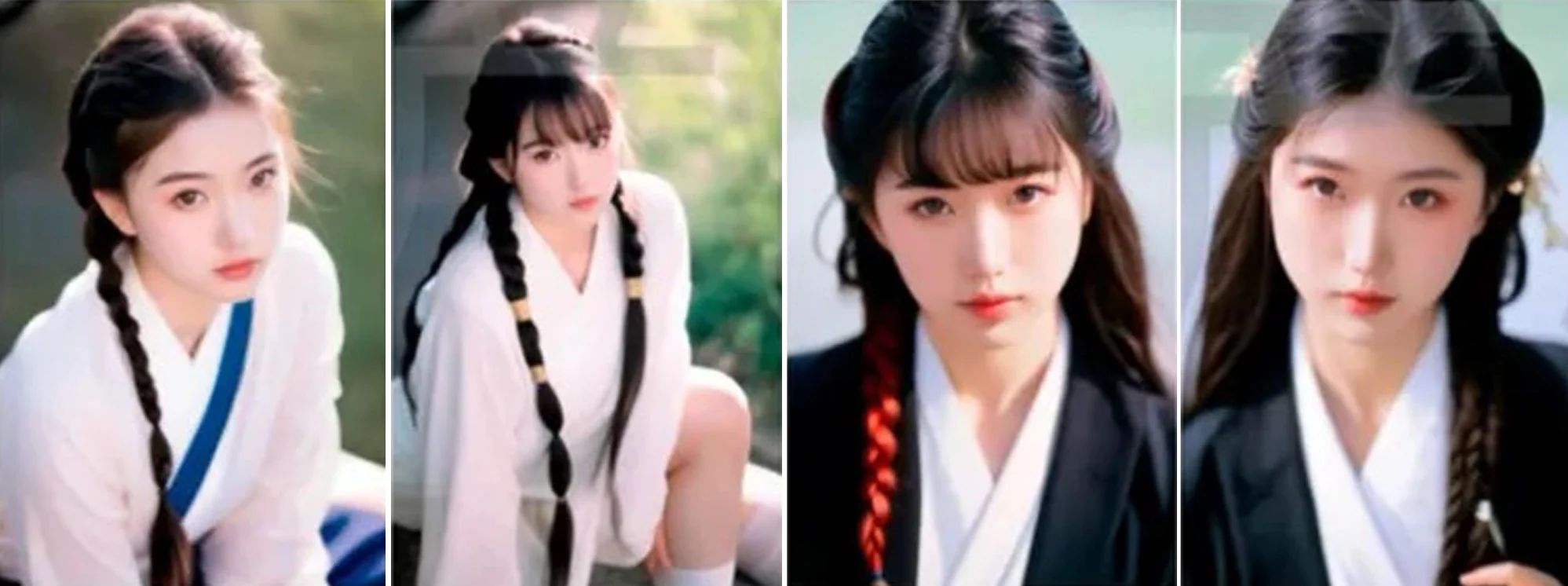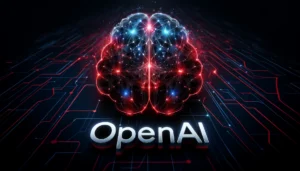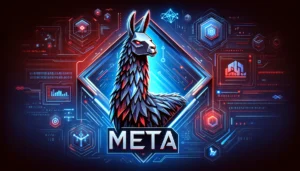The Beijing Internet Court ruled that an AI-generated image created by a man surnamed Li was protected by Chinese copyright law.
Li used Stable Diffusion to generate an image of a young Asian woman and then he posted it on Xiaohongshu, a Chinese social media platform similar to Instagram.
A blogger surnamed Liu liked the image and used it in a post on a different social media platform called Baijiahao.
Li approached the Beijing Internet Court claiming that Liu’s use of the picture without permission was a breach of his copyright. The court ruled in Li’s favor, setting a precedent that says AI-generated images can be copyright-protected.
The court explained its ruling saying that Li had “made a certain degree of intellectual investment” in creating the image. Using Stable Diffusion to create an image involves adjusting settings, writing a prompt, and working through a few iterations until you get the image you were after.
The court felt that this process represented a creative input from the person using the AI tool and should be protected by copyright. The ruling stated that “as long as an AI-generated image reflects the original intellectual investment of a human being, it should be considered a work that is protected by copyright laws”.

Liu was ordered to publicly apologize and pay Li 500 Yuan (USD $70) in damages and 50 Yuan (USD $7) in court fees.
The fine may seem trivial but the implications of the ruling aren’t. It will make plagiarizers think twice before ripping off AI-generated works including books, audio, or video. A US court earlier this year ruled that AI-generated images could not be protected by copyright so creatives there currently don’t get the same protection.
If AI art is protected by copyright in China then it opens up more opportunities for its citizens to use generative AI to make money. If you make a great-looking AI image in the US, currently anyone can copy it without having to pay you.
The Beijing Internet Court’s decision is controversial in that it seems at odds with the current Chinese copyright legal definitions.
According to Chinese copyright law, you can only copyright the expression of an idea, and not the idea itself. Arguably, the words of the prompt that Li used were an idea, not an expression of the idea. The expression, the resultant image, was created by Stable Diffusion, not Li.
Untangling the legal semantics will have to be left to the lawyers but the case raises interesting questions. And if countries take different views on AI copyright laws then reaching a global consensus on copyright is unlikely.





